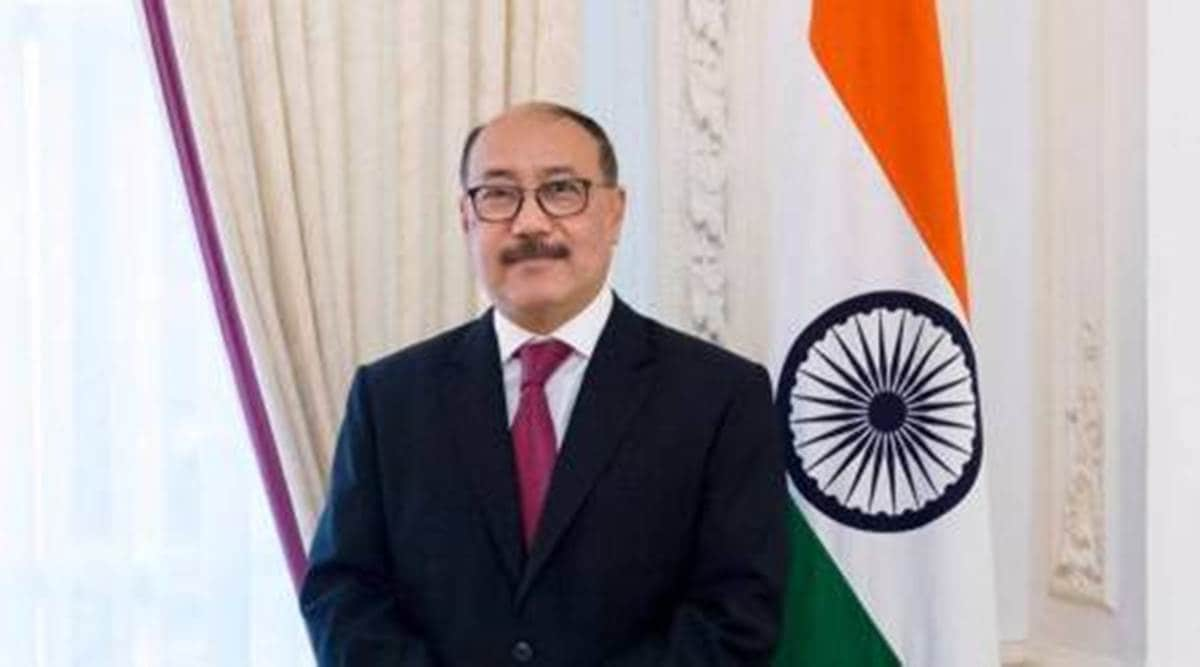 Foreign Secretary Harsh Vardhan Shringla
Foreign Secretary Harsh Vardhan Shringla In a veiled reference to China’s non-compliance of the Permanent Court of Arbitration’s (PCA) order on South China Sea, India on Saturday said New Delhi supports the PCA’s mandate to resolve international disputes and upholding international law is central to India’s diplomacy.
Delivering the third Permanent Court of Arbitration (PCA)-India Conference, Foreign Secretary Harsh Vardhan Shringla on Saturday said, “As a strong proponent of a peaceful and rules-based international legal order, it is no surprise that India supports PCA and its mandate to resolve international disputes. Upholding of international law is central to our diplomacy and, in fact, our world view.”
On January 22, 2013, the Philippines had instituted an arbitral proceeding against China in the PCA under Annex VII of the UN Conventions on the Laws of the Seas (UNCLOS). After more than three years of deliberations, the Court awarded its judgment on July 12, 2016, in favour of the Philippines, which China has refused to comply with.
India has always advocated freedom of navigation in South China Sea.
Shringla said, “On numerous occasions, India has availed and continues to avail the services of the PCA and can perhaps be termed as one of the largest users of PCA’s services. India has sought to resolve certain disputes with its neighbours through arbitration, conciliation and expert determination, has resolved international disputes with States, and has availed of the services of PCA in this regard.”
As examples, he cited Kishenganga Arbitration with Pakistan under Indus Water Treaty; the Maritime Boundary delimitation with Bangladesh; and the Italian Marines case.
Shringla also said India has used the services of PCA in administering cases under Investment Treaties. The new model of India’s Bilateral Investment Treaty (BIT) has the Secretary General of PCA as the appointing authority (for arbitration under BIT), and the PCA as the preferred institution for arbitration.
He said India is committed to supporting the dispute resolution sector and encouraging the development of the subcontinent as an important global hub for international arbitration.
“We have proactively reviewed and modernised our arbitration legislation reflecting international best practices to make sure that our laws stay up to date, and support the needs of users of arbitration. This is part of the process of making our systems more compatible with international best practices, in tune with the needs of a globalising Indian economy,” he said.